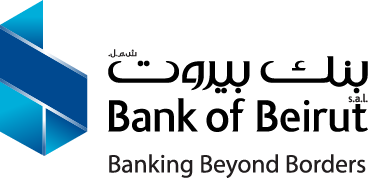Commitment To Sound Governance
Given the vital role of banks in the Lebanese economy and the importance of good governance for the successful operation of these institutions, the following guidelines were developed in adherence with the policies set forth by Banque du Liban, the Banking Control Commission and the Association of Banks in Lebanon.
Bank of Beirut’s Corporate Governance is driven by the Board of Directors’ principal duty to act in good faith, with prudence, and in accordance with a set of values and standards selected to safeguard stakeholder interests. Bank of Beirut (the “Bank”) has been operating in Lebanon since 1963; its current management assumed responsibility in 1993. It is currently one of Lebanon’s leading banks: ranked first in capitalization level, assets quality, trade finance, and asset management.
The Bank targets commercial, retail and capital markets, and its rigorous corporate governance aims to ensure efficient credit, market and operational risk management. Today the Bank is present in ten countries and conforms to strict local, regional, and international regulations.



























































